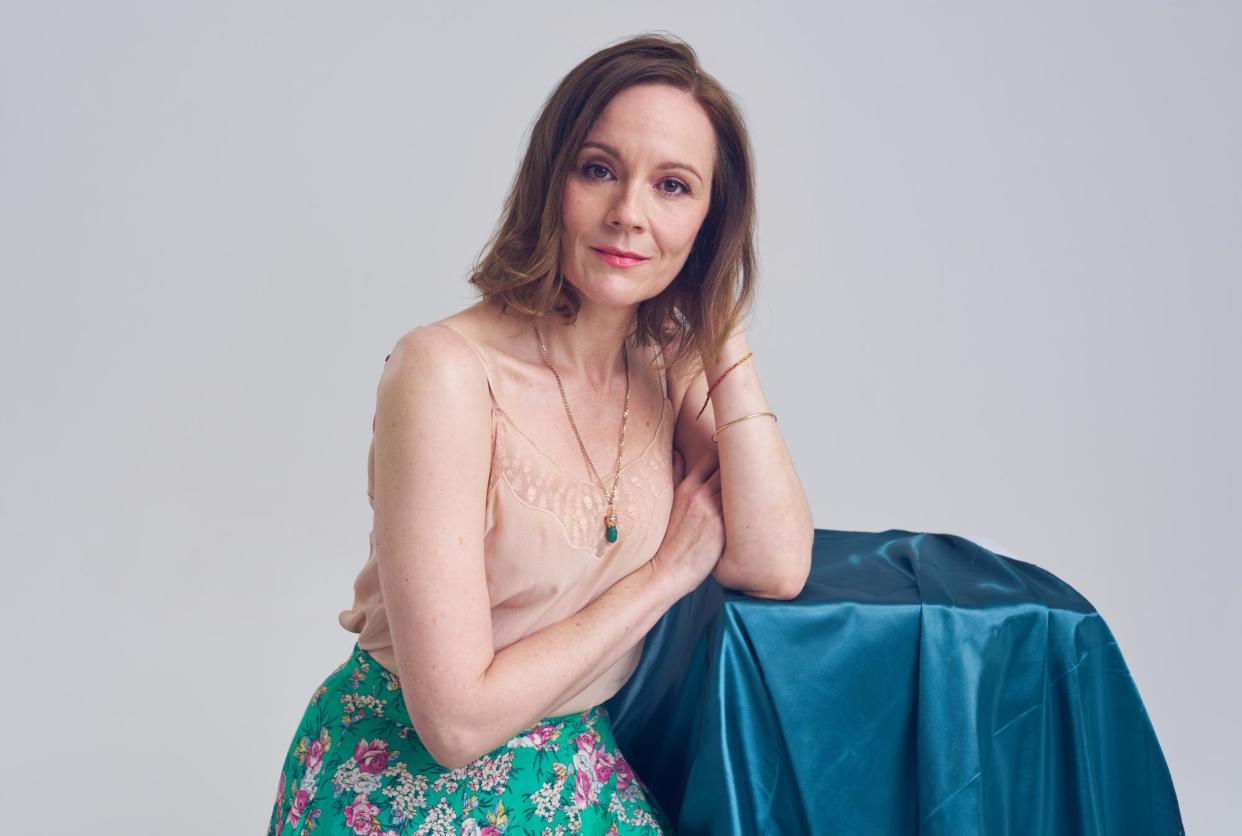‘My mother’s death left me with an urgent mission’: Rachael Stirling on sharing Diana Rigg’s views on assisted dying

It was during the process of my mother [actor Diana Rigg] dying of terminal lung cancer that her frustrations of having no agency became clear. My husband, Guy [Garvey], had recorded tapes of his father speaking before he died and it felt like the natural thing to do with Mama. She and Guy talked about life, love and her career. Then there were recordings about the right to die. At this stage she was in the hospital, when it was the end. By this point she was an angry woman.
When the grief of her death had subsided enough that I was able to listen to the recordings, I realised I had an urgent mission. I owed her this. To share her statements on assisted dying. Ma had seen buddies go slowly and had nursed my dad’s mum and had always said, “Will you pull the plug if it gets too bad? Put the pillow over my face?” When it came down to it, I had to say to her, “I’ll do everything in my power but I’ve got a three-year-old son. I can’t go to the clink because I’m suffocating my mother. I’ll do anything and everything. But not that.” Dignitas would have been an option but was not possible as it was Covid and a bureaucratic nightmare.
She was so proudly the author of her life. Not having agency at the end came as a shock. “What the hell do you mean, I don’t have control over the end of my life? I’ve made every decision for 82 years. Why not this one?”
I loved that person. I didn’t care what she did or how she looked but she minded terribly. Mum could take the pain of 10 people. More pain than most could. But there were some elements of the dying business that were unacceptable for her. The greatest was the human indignity, for her to lose control of her bowels. That went beyond the pale. She didn’t want to live with that.
Now I have seen a human being in extremis, I feel as if I have inherited a superpower. I have seen what death looks like. Of course, I would like agency over my own death when the time comes, but what has become very apparent is that mortality is not part of our lives. There is a national ignorance and we are terrified of everything that looks like it might be dying or isn’t looking for ever young like a Kardashian. If someone is ill, we shove them into a palliative care unit. If someone is old, we shove them into a hospice. In order to have a conversation about assisted dying without scaring people off, we first need to accept that death should be part of living, rather than something we hide in the room next door.
I was Mama’s carer. She came to my house to die. Despite the love I have for her, were I to have the choice, I would not have had those last few months.
As told to Harriet Gibsone


